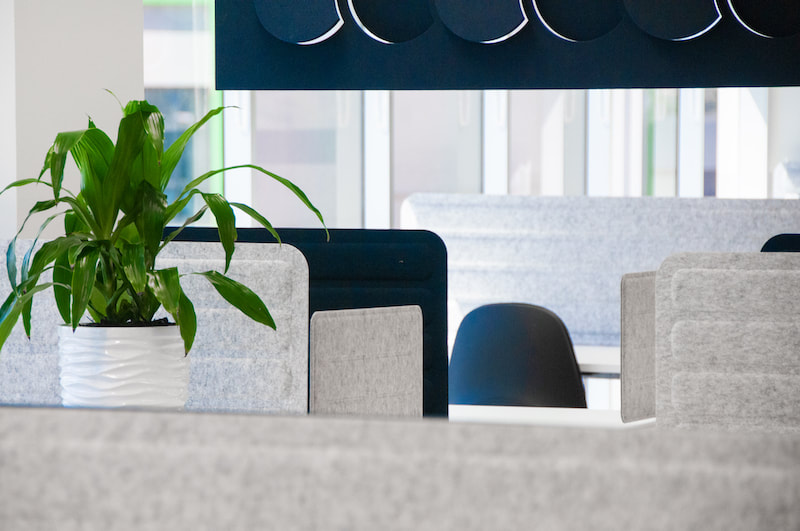|
COVID-19 is more than a health crisis.
The speed has caught everyone off-guard. An already strained economy, suddenly finds itself panicked and grinding to a halt, with companies, small and large, collectively staring into an abyss. For those businesses holding a commercial lease, serious concerns have been raised in the past few days, regarding obligations, provisions and the next step. So should you speak to your landlord? After today, yes. Testing times lay ahead of us. In light of recent developments in the Coronavirus pandemic, businesses, communities and individuals are ramping up their efforts to understand and face the challenges that will occur during, and in the aftermath of this difficult period.
We are here to help, so we have prepared some practical tips and considerations for Australian businesses to help them get through the coming days. 1.Communicate your company's approach to the situation with your staff. As most business leaders of 2020 have little experience dealing with a pandemic, it will be helpful to talk to your staff and also to listen to their concerns. Many team members will be looking to you for short term answers about how they will continue working and if their jobs are secure so it is vital to keep the conversation going. 2. Understand your cashflow and lease commitments. We already know that most businesses throughout the country will be heavily disrupted. Now is the time to review your lease and see how changes to your cashflow will impact on your ability to pay the rent. 3. Talk to your landlord. Check with your landlord to see if you can organise a rent abatement for the next 3 months to help ease the burden. 4. Follow health and safety procedures. During this time landlords and tenants should be looking at lease documents to ensure compliance. Both sides need to consider and draft an infectious disease clause if one does not yet exist. This will cover questions such as what will happen if a landlord is forced to quarantine or close a building due to a reported Coronavirus case or how rent will be affected in the case of an outbreak. Ensure that you fulfil your obligations regarding the health and safety of your workers during this time (see more on the tip below). 5. Look at the long term. As difficult as it seems right now, experts agree that this crisis will pass. So what happens when we re-emerge? Right now businesses have the opportunity to look at their long term strategy, rather than just focusing on what will happen in the coming weeks. What will the plan be for getting things started again? What does your recovery strategy look like? This challenging time presents an opportunity for us as businesses to band together and support each other, our workers and the wider community. We are all in this together, and the vast majority of us will be impacted economically, At BRM, we find it more useful to help businesses navigate their way through this constantly changing situation. by sharing our knowledge and expertise as much as we can. We will be on hand throughout this period to guide you and answer any questions you may have. You are not alone! Please contact us if you have any questions about your situation. As a certified Bcorp, BRM is dedicated to using our business as a force for good. Across all services we deliver, from design, to project management and property strategy, BRM places the wellbeing of our clients at the centre of what we do. While wellbeing and commercial property haven’t always been closely associated, now, particularly with the Coronavirus outbreak, commercial property owners and tenants are taking unprecedented measures to ensure their buildings are healthy enough for the people within them. So what are the elements that make a building healthy or unhealthy?
|
Sign Up To Our NewsletterArchives
September 2023
Categories
All
|
BRM |
QUICK LINKS
|

 RSS Feed
RSS Feed


